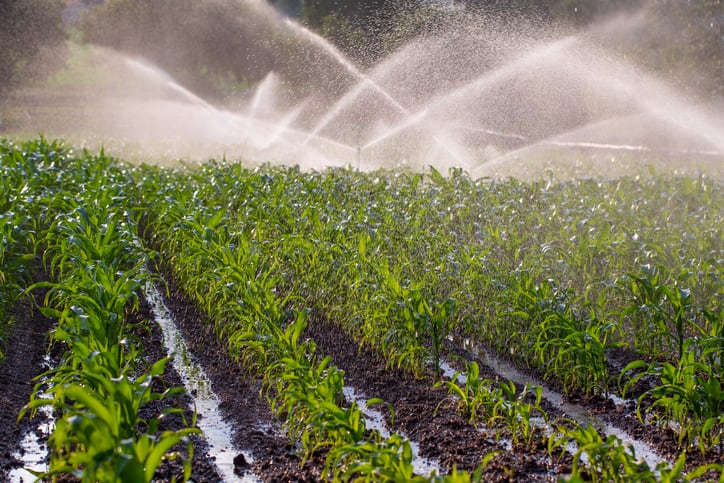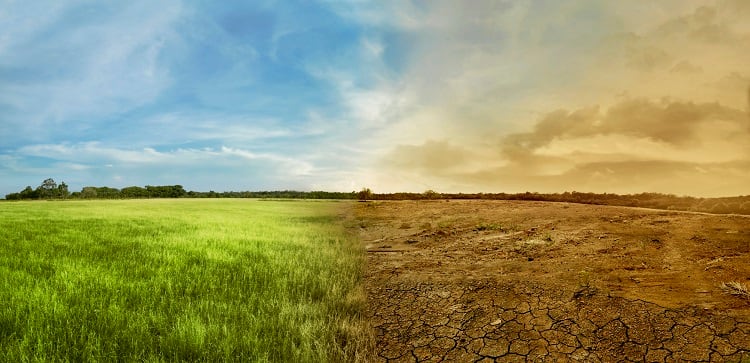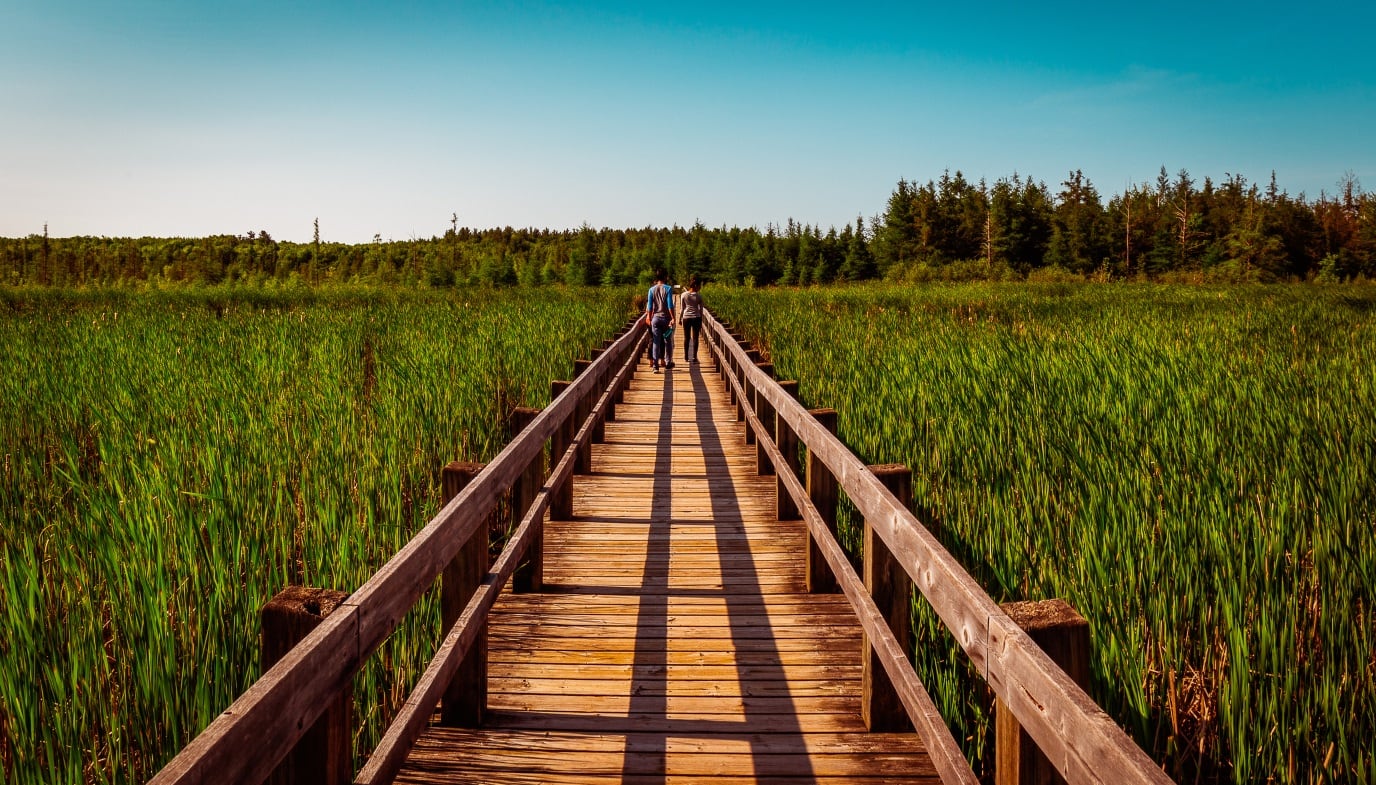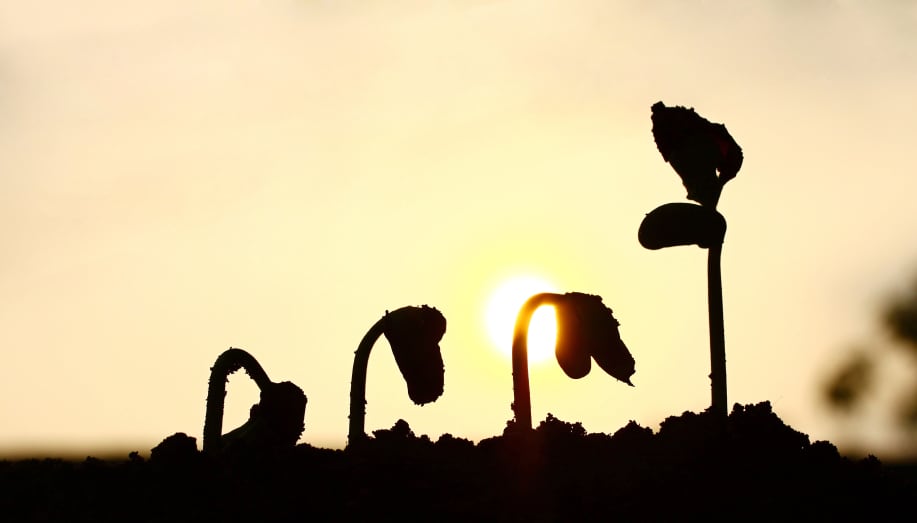“The world is literally on fire,” pronounced Sunny George Verghese at RT17 in Bangkok, Thailand this week. We are no longer experiencing a climate crisis, this is a climate emergency, he continued.
Yet rather than call on governments and policymakers for action, the co-founder and group CEO of Olam International – who is also chair of the World Business Council for Sustainable Development – addressed the private sector: “The global food and agricultural system is broken.”
Indeed, the agri-food system is responsible for approximately 25% of the world’s greenhouse gas emissions. “We are responsible and we have to fix it,” he continued.
‘We have fought wars over oil, we will fight much bigger wars over water’
Land use, carbon emissions, and food waste are all major pieces of the environmental crisis puzzle. As is water, Verghese stressed.
“The food and agricultural system is also broken because we have gone through 70% of the world’s fresh water reserves,” he said, addressing delegates at the annual event held by the Roundtable on Sustainable Palm Oil (RSPO).
“Today, if you had a full breakfast, [that is the equivalent of] about 1,100L. If you had a roast potato, that is about 23L water. If you had a tomato roasted, that is 13-14L water. For every calorie that you consume, you need one litre of water.”
On top of food-related consumption, water is also consumed by itself or in beverages, used in daily chores and as well as for washing. Humans can be looking at upwards of 3,000L water per day, he added. “We have fought wars over oil, we will fight much bigger wars over water.”
“Today, we use 4.9 trillion cubic metres of water and 71% of that goes to agriculture. We will need about 7 trillion cubic metres of water by 2030 to feed the predicted 8.35 billion population” – co-founder and Group CEO of Olam International Sunny George Verghese
‘Governments have done enough’
In taking responsibility for the agri-food sector’s contribution to the climate emergency, the executive suggested industry stop blaming a lack of regulatory action.
“It is all about government bashing, saying they haven’t done enough.” According to Verghese, governments and stakeholders ‘have done more than enough’, citing multi-stakeholder agreements as proof.
The UN Sustainable Development Goals (SDGs), for example, has attracted global cooperation – all countries have agreed to the 17 SDGs made up of 169 targets and 232 indicators.
The Paris Climate Agreement is another example, said Verghese. “Governments have acted. Individually we are not active. Companies are not active. Sectors are not active.
“There is a lot more that governments and policymakers can do, but they have already done the heavy lifting.”

‘Let’s get out there and put our necks on the line’
So how should the private sector engage? Verghese suggested companies embrace transparency for the greater good.
As a sector, food and agri-businesses should make public commitments regarding water, waste, carbon, and land intensity, and report it on a transparent basis ‘warts and all’, he told delegates, ‘progress or no progress’. Unless this is made public, “we are not going to be able to change”.
Companies are, understandably, hesitant to be ‘the first’ to do so, he said. “A company doesn’t want to disclose it, [they think they will] be seen as evil in comparison because nobody knows what is good – and nobody knows what else is out there.”
One can expect Verghese knows enough about the sector to call for such action. He co-founded Olam in 1989 – a company that now has an integrated supply chain of approximately 47 agricultural commodities, including cocoa, coffee, palm oil, nuts, soya beans, beetroots, and rice. Olam is also involved in dairy farming, food processing, private label contract manufacturing, and branded food consumer products.
“One in every three bars of chocolate is produced by cocoa beans and cocoa products that we supply,” said the executive, to put Olam’s market share in perspective.
“We grow, process, and deliver enough coffee to provide one cup of coffee to everybody on this planet once a week. And grow and process tomatoes and make tomato paste that can top about 3.2 billion pizzas.”
It is from this position, as an executive of the ‘brand behind the brands’, that Verghese called for action. “Let’s get out there and put our necks on the line.”
‘We must change as a sector’
How can stakeholders come together as a sector? The Olam executive suggested the development of sectorial roadmaps and best practices could help multisectoral players collaborate.
For the private sector, this could make for an ‘unusual’ or even ‘unnatural’ collaboration, he said, bringing focus to a sense of mistrust within the industry. “We hate each other’s guts. We don’t trust each other.”
But focusing on the sustainable production of commodities – and of the 6,000 plant species that are cultivated for human consumption – is the way forward, he continued.
Governments and policymakers will also have to ‘come to the party’, to demand companies report their carbon, water, land, and waste footprints in their financial statements. This should also be assured and validated by an external party, Verghese added.
“And the governments have to impose a carbon tax. All of these things have to happen in tandem from policymakers and governments.”
Turning to academics, researchers and innovators, the executive urged these parties to ‘step up’ in the development of the ‘next big innovations’ that will ultimately allow us to produce more food with the fraction of the resources currently used.
NGOs and civil society are also key in transforming the system, yet collaboration with the private sector has, to date, been slow, he suggested. “[NGOs] see the private sector as evil, the private sector sees NGOs and civil society as trouble makers. We have to come together, both in terms of public and public sector partnerships, as well as NGO, civil society and company collaboration to work together for the same collective aim: of developing a sustainable food and agricultural system.”




